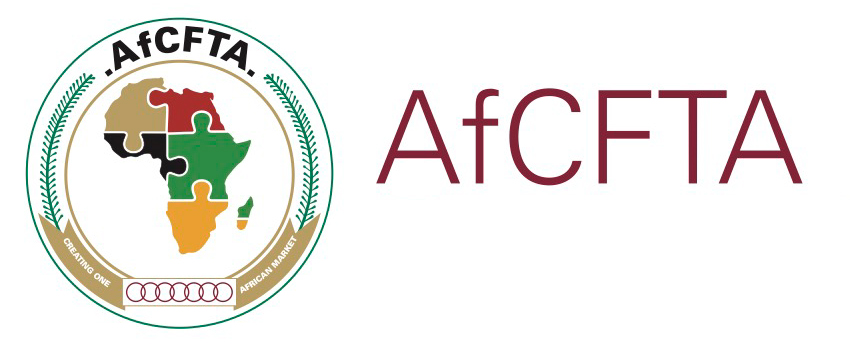National workshop to present the preliminary results of the study on the Tunisian implementation strategy of the agreement on the African Continental Free Trade Area (AfCFTA)
National workshop to present the preliminary results of the study on the Tunisian implementation strategy of the agreement on the African Continental Free Trade Area (AfCFTA)
The Ministry of Trade and Export Development organized, on Friday, April 15, 2022, a workshop dedicated to the presentation of the preliminary results of the study relating to the implementation strategy of the AfCFTA at the national level, which was prepared in collaboration with the North Africa Office of the United Nations Economic Commission for Africa and financed by the European Union, in the presence of representatives from all the concerned stakeholders, including the public and the private sectors and the civil society, as well as representatives of regional and international organizations accredited in Tunisia.
The national strategy aims to propose the appropriate institutional framework for the implementation of the AfCFTA in Tunisia, as well as to highlight the opportunities for value-added cooperation with Africa, taking into account the economic reality of the country, the production system capabilities and the opportunities available with regard to trade and investment. Particular reference was made to the main restrictions and potential risks associated with the effective implementation of the agreement as well as to the proposal of appropriate measures and means to take full advantage of regional and global markets within the framework of the AfCFTA.
The AfCFTA is a comprehensive agreement that goes beyond the traditional trade agreement. It includes, in addition to the liberalization of trade in goods, the liberalization of trade in services, the harmonization of competition, investment and intellectual property policies and more recently E-commerce and the role of Women and Youth in trade. These areas are considered among the most important pillars of a successful economic integration, since there is no sense in liberalizing trade in goods and services in the absence of fair and transparent market regulation and rules which guarantee easy access to investment and preservation of quality standards and therefore consumer rights.

The workshop was an opportunity for participants to review the preliminary results of the study, discuss them and submit their proposals. The most important recommendations were related to the need to work on improving the Tunisian offer and to focus more on aspects related to investment, transport, logistics, banks, alignment of the strategy on sectoral, regional and continental policies, establishment of an effective communication plan, etc. It was also about the need to identify the obstacles that hinder the exploitation of the available opportunities and the imperative to review the exchange regulations.
Given the importance of this strategic project, which will define the characteristics of Tunisian-African cooperation in the future, its success requires the adoption of a participatory approach that includes all stakeholders at the national level and should be based on a global integrated and unified vision, a clear action plan and good governance Approach .
